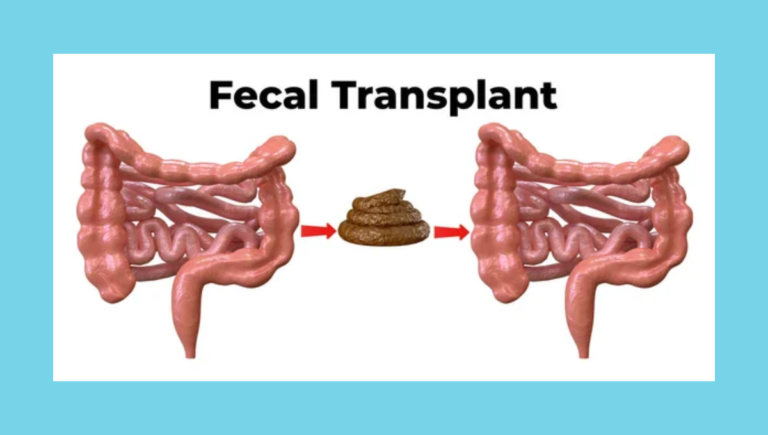A breakthrough treatment that can stimulate regrowth within six months is set to help thousands of adults and teens with severe hair losses.
The medicines watchdog approved a drug that reverses the condition in one out of five patients.
This is the first treatment routinely recommended by the NHS for bald patches.
The body’s immune response can cause hair loss.
Ritlecitinib belongs to a class of drugs called janus kinase inhibitors (JAK), which dampen the immune system.
Louis Theroux revealed last year that he had shaved his eyebrows to combat facial hair loss caused by a form alopecia. The documentary-maker posted pictures and video of himself shaving his face to Instagram. He quipped, ‘I would like to know how to continue a profession based on raising and lowering different eyebrows.’
US actress Jada pinkett Smith suffers from the same condition. It was brought to the attention of the world when Chris Rock made jokes about it during the Oscars, and her husband Will Smith slapped her on stage.
Ritlecitinib belongs to a class of drugs called janus kinase inhibitors (JAK), which dampen the immune system. It works by reducing enzymes which cause inflammation, and hair loss. NICE has recommended this Pfizer product for severe alopecia aroeata among people over 12 years old.
It works by reducing enzymes which cause inflammation at the follicle and hair loss.
NICE has recommended this Pfizer product for severe alopecia areata in adults aged 12 years and older.
Sue Schilling said, “This is a historic day for the alopecia community.”
“For too long, alopecia patients have been without an approved treatment option that is available through NHS pathways.
“If only private treatments are available, then it is a matter of ‘haves and have-nots’. This new NICE recommendation should help to alleviate this problem.
A large study conducted last year found that 13% of patients had achieved 90% or more coverage of scalp hair after taking the drug for 24 weeks, compared to only 1.5% of those who took a placebo.
Nearly half of those who received ritlecitinib experienced a’moderate to great’ improvement in hair loss.
Around 2 percent, or one in fifty, of the population will suffer from alopecia in their lifetime. Each year, around one in 4,000 people develop alopecia areata.
This condition can affect anyone, but it is most common in early adulthood. It causes hair loss on certain parts of the body including eyebrows and eyelashes, hair on the nose, and hair on skin.
It makes people more susceptible to infection and affects their ability to regulate their body temperature.
The hair follicles do not die, but they become dormant. This allows for regrowth. However, the duration and extent of hair loss can vary greatly from one person to another.
A new tablet that is taken once a day by thousands of people suffering from severe hair loss caused by alopecia arreata will help treat this condition.
Louis Theroux revealed last year that he shaved his eyebrows to combat facial hair loss caused by a form alopecia.
The documentary filmmaker posted pictures and video of himself shaving his face to Instagram. He quipped, ‘I would like to know how to continue a profession based on raising and lower different eyebrows.
US actress Jada pinkett Smith suffers from the same condition. It was brought to the attention of the world when Chris Rock made jokes about it during the Oscars, and her husband Will Smith slapped her on stage.
In September of last year, the drug was rejected on cost grounds. However, it has been approved following negotiations where a substantial discount is believed to have been agreed.
Helen Knight, Director of Medicines Evaluation at NICE said: “Our committee heard that severe alopecia can have an impact on the health and quality-of-life of people.
I’m thrilled that NICE has recommended this treatment for severe alopecia aroeata. This is the first time NICE has recommended a medicine to be used on the NHS.
Lynn Clay, Specialty Care Lead at Pfizer, UK, stated: “Alopecia isata can affect the mental health of adults and adolescents who have this condition.
The decision today is a significant milestone in helping eligible patients with severe hair losses from alopecia arreata access treatment.
What is ALOPECIA AREATA?
Alopecia – a patchy form of alopecia – is an autoimmune disorder in which the immune response causes hair loss.
Stress can trigger it. It can affect any hair, anywhere on the body.
Hair usually falls out in patches, leaving bald and smooth areas.
Doctors cannot predict the amount of hair that will be lost, or if it will grow back.
Alopecia areata is not curable, but there are 60-80% chances of regrowth within a single year if you only lose patches of hair.
There is no guarantee that it will grow back. Doctors cannot predict if it will or how much hair you will lose.
It can take several months or even years for hair to grow back. The hairs that do return are usually sparse and white, and they can thicken up and gain their color.
If all the hair on someone’s head falls out, regrowth is unlikely.









+ There are no comments
Add yours